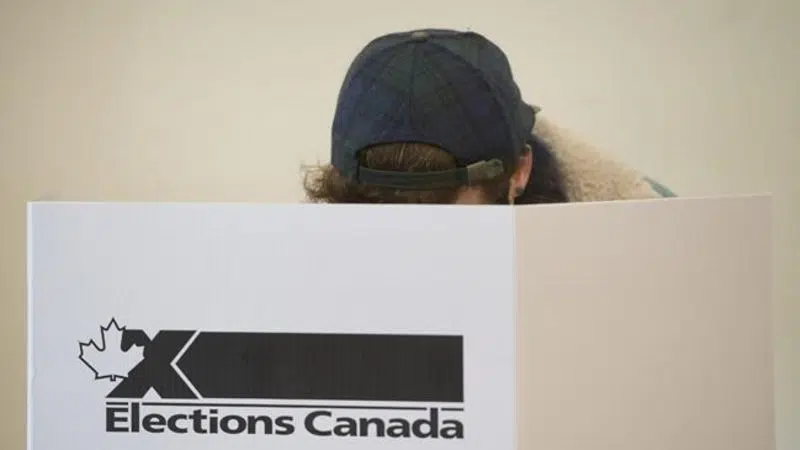
Court orders Elections Canada to review moving voting day over religious worries
OTTAWA — Canada’s chief electoral officer is taking a second look at whether voting day this October needs to be moved because it falls on a Jewish holiday after being ordered by a Federal Court judge to come up with a decision in a matter of days.
Election day can be no later than Oct. 21 under federal law, which this year falls on the Jewish holiday known as Shemini Atzeret. Observant Orthodox Jews are not permitted to work, vote or campaign on that day.
Elections Canada has been lobbied to move the date, but decided against it this close to the start of the election campaign.
At a court hearing last week, complainants argued chief electoral officer Stephane Perrault’s decision was unreasonable.


